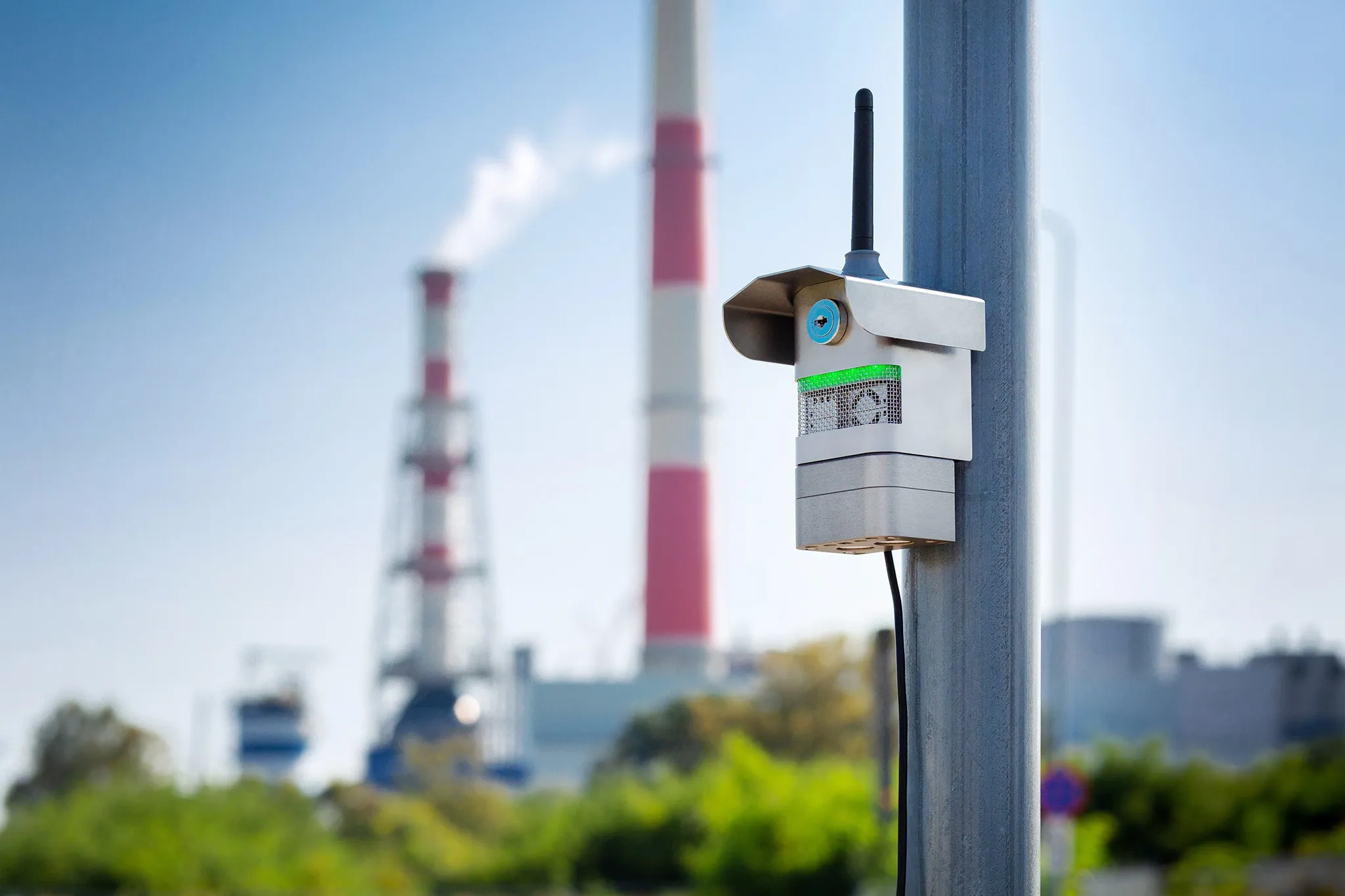The mayor of Nice, Christian Estrosi, has announced that he no longer wishes to participate in the test of Zapa zones (Zones d'Actions Prioritaires pour l'Air), the goal of which is to reduce polluting gas emissions by 10 per cent by reducing car traffic in certain zones. Along with Paris Saint-Denis, Lyon, Grenoble, Aix-en-Provence, Bordeaux and Clermont-Ferrand, Nice on France’s Mediterranean coast had signed up for a three-year government pilot programme. However, Estrosi now says that the city’s own ove
June 15, 2012
Read time: 1 min
RSSThe mayor of Nice, Christian Estrosi, has announced that he no longer wishes to participate in the test of Zapa zones (Zones d'Actions Prioritaires pour l'Air), the goal of which is to reduce polluting gas emissions by 10 per cent by reducing car traffic in certain zones.
Along with Paris Saint-Denis, Lyon, Grenoble, Aix-en-Provence, Bordeaux and Clermont-Ferrand, Nice on France’s Mediterranean coast had signed up for a three-year government pilot programme. However, Estrosi now says that the city’s own overall programme to reduce pollutant emissions in transport will be more effective than Zapa. He is notably counting on the opening of a second tram line, which should cut 20,000 car trips per day on the Promenade des Anglais and reduce pollution by 20 per cent.
Along with Paris Saint-Denis, Lyon, Grenoble, Aix-en-Provence, Bordeaux and Clermont-Ferrand, Nice on France’s Mediterranean coast had signed up for a three-year government pilot programme. However, Estrosi now says that the city’s own overall programme to reduce pollutant emissions in transport will be more effective than Zapa. He is notably counting on the opening of a second tram line, which should cut 20,000 car trips per day on the Promenade des Anglais and reduce pollution by 20 per cent.










